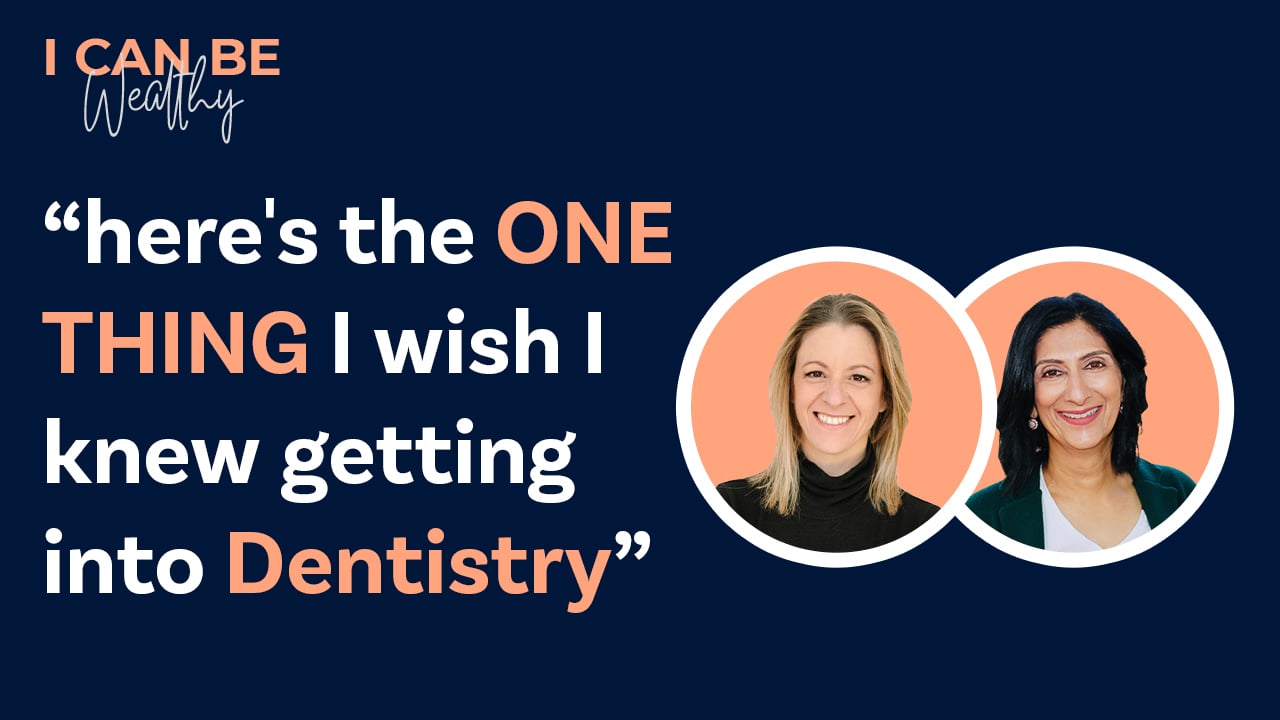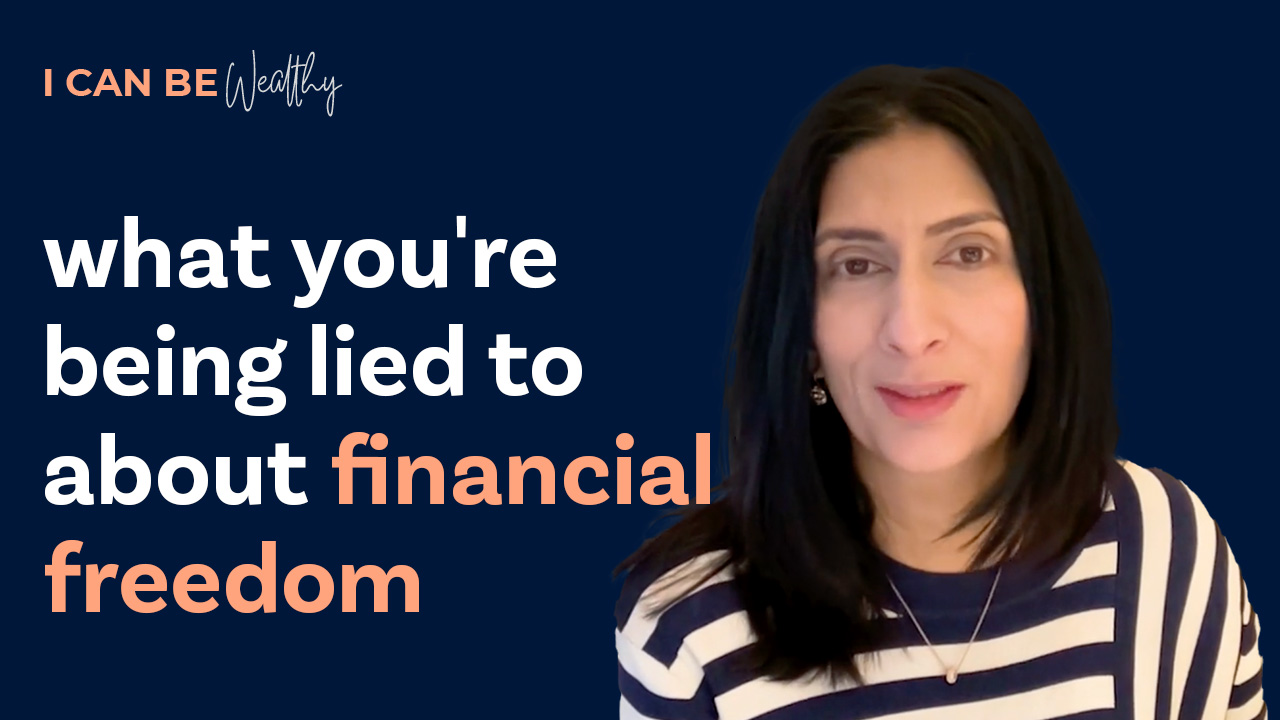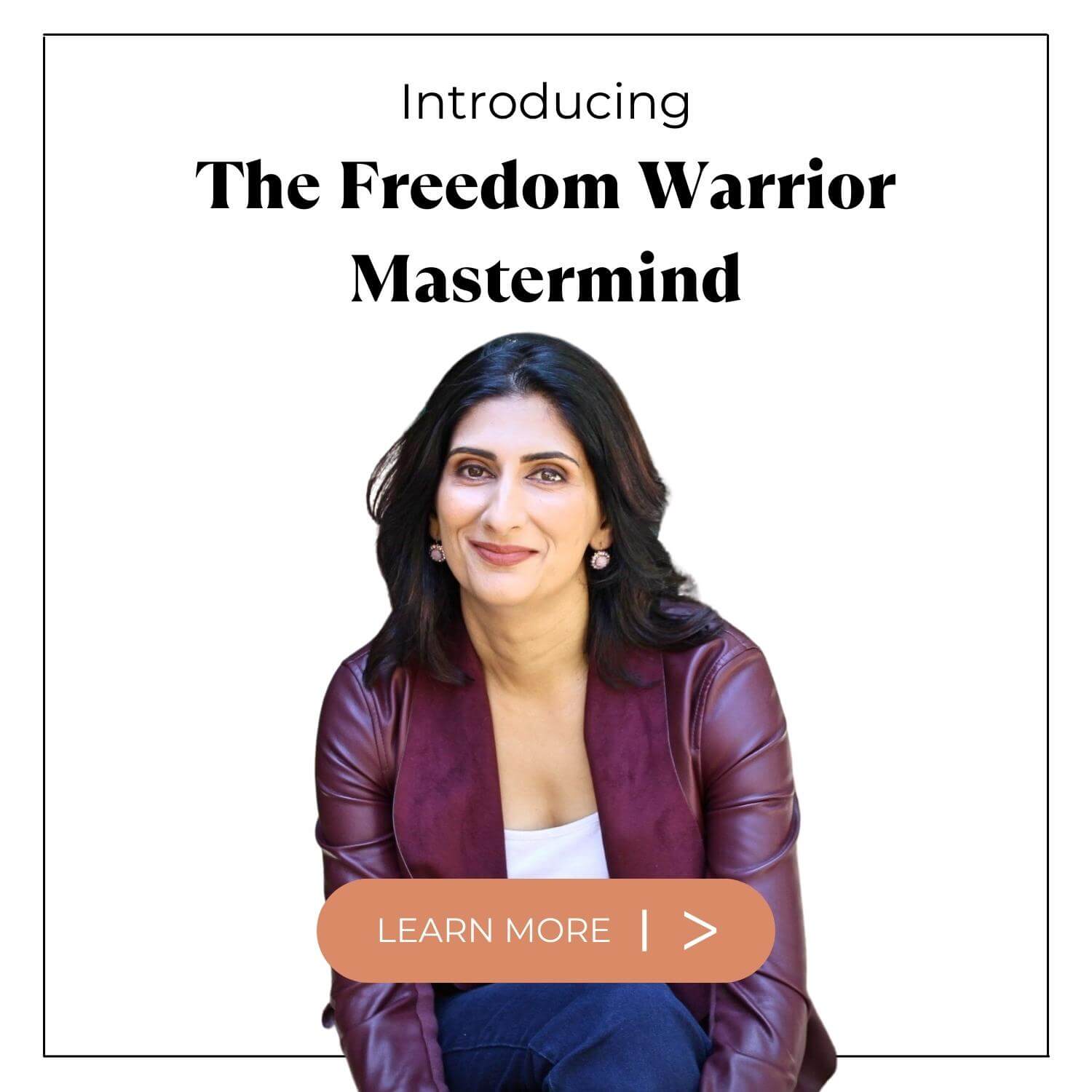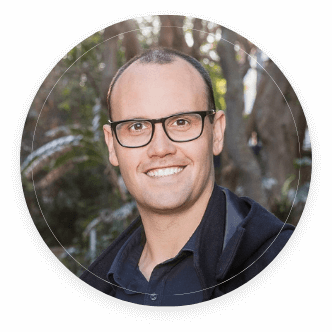I’ve been fortunate enough to have had some great mentors in my life because I’ve learned a lot from each of them.
But the question is, what makes a great mentor? In this episode, I want to talk about the essential qualities my mentors need to have.
I want to go deep into this topic because putting your faith in the wrong people can cost you valuable resources such as your time and money.
There are a lot of scaremongers, marketers, and theoretical investors. Some have the best intentions, and some haven’t.
In a world where social media followers, likes, and clicks are perceived as important, you can be easily influenced by someone who might not be the best fit for you.
As time has passed, I’ve become more sceptical and discerning about who I put my faith in and what I’m looking for in my mentors.
Mentors Can Change Everything
But I want to emphasise and remind you that mentors can literally change everything.
Having investors helped me get clarity and traction and helped me do better investment deals.
They also helped shape my thinking and decision-making, which enabled me to choose better pathways with less friction.
The purpose of having a mentor for me is to help grow your wisdom and give you insights that might otherwise take decades to learn on your own.
This is something that I didn’t appreciate when I first started out.
Even when I was a teenager, I was really stubborn. I was one of those people who wanted to learn and do things on their own.
My dad used to say, “Look, Salena, find people who’ve done it before you and do it the easy way.” But I didn’t embrace that advice. I was probably a pain in the butt as a teenager.
However, I’ve grown to appreciate it in the last 15 years. Now I recognise there’s a place for do-it-yourself, especially when money is short or you are learning a skill from the ground up.
Many of my mentors have been well-versed in finance and investing, spirituality, and personal development these past decades.
It’s not always the case that you can go out and find the dream mentor off the back.
I also believe that there are different mentors for different stages of your growth and different phases of your life.
Having one mentor like a one-stop shop for the rest of your life is also not quite right.
There’s nothing wrong with outgrowing your mentors, mastering the skills, and moving on to other people who can help you get to that next level.
There are so many ways to find mentors. For example, some are social or financial influencers in the investing world.
Some of them are great, but I highly suggest you should be more mindful in selecting your mentors rather than being swept up by the celebrity status of others who present themselves as experts.
Criteria #1: They Have the Results
That’s why today, I’m going to share with you some of the criteria I’m looking for in a mentor. This would be especially helpful if you are an aspiring professional investor.
Although many people are leagues ahead of me, I’m getting better at recognising that the people you meet on your journey impact your success later on.
The number one criteria that I have for a mentor is that they need to have the results I want.
I’ve gleaned this in the last five years because I was guilty of following people who talked a big game but didn’t necessarily have the results I wanted.
You can find mentors in the social and celebrity spaces by purchasing courses. But you can also find them informally through personal introductions.
To be honest, the mentors I like the most are those I just met without any formality and without asking them to be my mentor. It just evolved very naturally.
They’re also the hardest to find, so maybe you need to explore how to approach them best.
In my first ten years as an investor, I followed a lot of vocal and celebrity types of property and share experts who talked a big game.
But as I got to know them and their story, I could see cracks in their facade, which means they didn’t actually walk their own talk.
Of course, you don’t necessarily need to come out and say to them, “Tell me what assets you own and what your net worth is.” That’s not the game here.
What you can do is observe the way they conduct themselves by the life they lead, by the fluency with which they speak about their experience in wealth creation, by what they’ve been through, and whether they have the result that you want.
This is a tough one to do since many people talk about big games, particularly in the financial advice space, where most people have training but have no results.
They don’t have financial success as investors, yet they’re giving advice on investing. Yes, they have business success, but the money they make is from giving advice.
It’s such an important distinction for you to remember.
Criteria #2: They Must Have Been Through Multiple Boom and Bust Cycles
My second criteria when choosing a mentor is that they must have been through multiple boom and bust cycles.
It’s also important that they’re able to articulate the lessons learned and can share ideas about how to adapt to changing market conditions.
They must also be able to express openly where they’ve experienced loss and what they would do differently next time.
There are a lot of investor gurus out there who consider themselves experts but haven’t actually been through multiple cycles.
One thing that has flabbergasted me to some degree is those fin influencers under 30 who share wisdom around wealth creation while keeping their results private.
I’m not saying young people don’t have a voice or shouldn’t be sharing their lessons along the way.
I’m saying that there’s a high likelihood that someone who hasn’t been investing through multiple cycles can have a one-dimensional interpretation of how to build wealth.
It’s different from someone who has been through multiple recessions or downturns and has watched their friends and family go from living high on the hog to losing everything.
When you can rub shoulders with investors who have been around for a long time, your perspective on wealth creation and your laws for success will shift.
For me, the capacity of a mentor to articulate how to adapt and handle yourself in and out of busts is very important.
Criteria #3: They Have the Wisdom and Network to Keep Growing Even During Downturns
The third criteria that I have for a mentor is that they need to have the wisdom and network to keep growing even during downturns.
This is an extension of the previous criteria because I believe it’s easy to get swept up in the hysteria of a downturn, as many people are experiencing right now.
Its impact on people’s lives is real. The losses and financial stress that people experience are real.
That’s why I’m looking for a mentor who can keep growing and finding ways to be successful, even during downturns.
It’s not to say that you don’t get your fingers burnt or that you don’t experience loss and hardship at all. It’s more about how you react to those downturns.
That is the difference that makes the difference, and this is where I like to distinguish between wisdom and education.
There’s a lot of education out there, especially on the internet, but there’s less wisdom.
Wisdom is a mindful reflection you can get from your wealth mentor if you ask the right questions.
I love that I get to rub shoulders with people who have been through those many cycles, especially cycles.
It’s easy to make money in a bull market, but it’s good to have someone who can describe what actions are necessary to keep growing during those downturns.
Criteria #4: They Have to Be Good People
My fourth criteria might sound wishy-washy to some of you, but one of my criteria for a mentor is that they must be good people.
In the past, I have had the experience of being very naive because I’ve had a bit of a bleeding heart.
But right now, I think I already have a healthy scepticism. In fact, I like the quote, “Trust but verify.”
I have met a little abrasive investors, but I continue to spend time with them anyway.
So if I meet people who I feel are a mismatch, it’s more of values criteria and less of personality criteria.
I’m always looking for opportunities to understand how people behave when the chips are down or the tables are turned.
Are they ethical? Do they do the right thing? Do they look after the people who are under their care? How do they exercise their influence? What does money mean to them? How do they apply it for the greater good?
These are very soft skills, and I’m a little bit intuitive about these things now in my life.
I say intuitive, but it’s probably been developed or honed due to my experiences.
I rarely meet someone whose relationship with money really repels me, but every now and then, I meet people who are allegedly very wise and are amazing investors, but I feel a lack of congruence on values.
This is particularly true around the purpose of money and the way that it shows up in their lives.
This criteria is a bit broad, but as you grow older, you can identify people you want to learn from and enjoy spending time with.
I also apply the same criteria to those people who want to work with me and want me to become their mentor.
If I feel like there’s a mismatch in terms of values, if I feel like they’re not coachable, if I feel like the relationship around money is skewed, then it’s better for all parties involved to just pass on that opportunity.
Criteria #5: They Need to Have Made Money as Investors, Not As Business Owners
The fifth criteria is that they need to have made money as investors, not as business owners.
Of course, the money we need to grow our investment portfolio, especially in the first few years, must come from running a business or even working a job.
But as time passes, what you want for a mentor is that the lion’s share of their financial success comes from their investments, not from their business or salary.
A lot of people think a high income is, in its entirety, a financial success, but I think they’re not the same thing.
If you are not in a position to effectively convert your income into wealth, then there’s a disconnect.
That doesn’t mean that these people can’t have a great business or income.
But what I’m looking for in mentors is that they are effective at converting that money from business or job into wealth, and the only way you can glean that is by asking the questions you need to ask.
When you first meet people you want to seek advice from, you need to know and understand where the bulk of their wealth lies.
Is it in assets or investments that are successfully growing? Or is it that they rely heavily on a great income from their business to portray that they are wealthy?
I mean, income is a way to fuel a high lifestyle standard. But I’m really interested in whether they’re good at converting that into wealth.
One of the things that came up in conversation the last few days is this entertaining show on Amazon called Luxe Listings Sydney.
It’s a program about high-end real estate and buyer’s agents with the trials and dramas surrounding their everyday lives.
It’s super glamorous. There’s no question that these people earn a staggering amount of money doing what they do with the high-end real estate in the Sydney market.
But they don’t reveal how wealthy those individuals are or how they feel about investing and setting aside funds for building wealth.
They drive fancy cars, live in fancy homes, and earn a staggering amount of money.
But the questions I really want to ask are, “What do they invest in?” and “How do they convert that premium income into wealth that would continue to grow despite whether they had that income or not?”
Essential Qualities Recap
The real key takeaway from this episode is that you never know it all. There’s always room for growth, and there are always people who know more than you.
I genuinely believe the pursuit of mentors is a lifelong quest. They can have a huge impact if you want to grow and become a better human being.
Ask yourself what your purpose in having a mentor is. Is it because you want to grow your wisdom? Is it because you want insights that might otherwise take decades to learn on your own? Do you need a particular skill or want to learn about a new strategy?
Do you want to make better decisions? Are you just looking for a fresh perspective?
Think about what you want in a mentor, and then go out and find people who potentially align with that.
Again, my criteria for a mentor are the following:
• I want them to have the results that I want.
• I want to know that they’ve been through multiple cycles and have the wisdom around adaptation and navigating changing market conditions.
• I want them to have the wisdom and network to keep growing during downturns.
• They’ve got to be good people and have alignment from a values perspective.
• I want to know that they have made money as investors and not just as business owners or employees in a job.
If you’re a business owner feeling frustrated that despite doing everything right in the property investing playbook and you’re no closer to financial freedom, then head over to www.inkosiwealth.com to learn more about how you can use alternative investments to catapult your investing income and blend strategies to shave decades off your timeline to financial freedom.
If you’re interested in understanding how to create wealth through alternative strategies, please check out my programs, where I help you catapult your investment income and blend strategies to shave decades off your timeline to financial freedom.
Or, you’re welcome to get in touch today, book a call with me, and I would be happy to talk you through it – no obligation!









